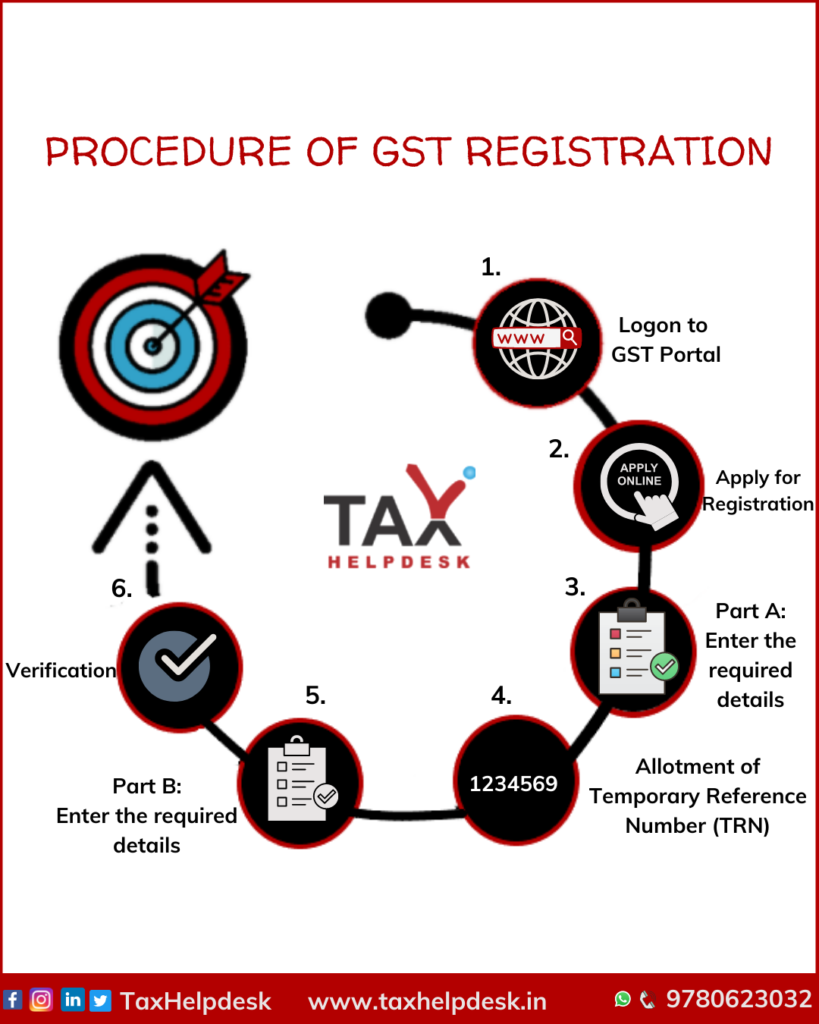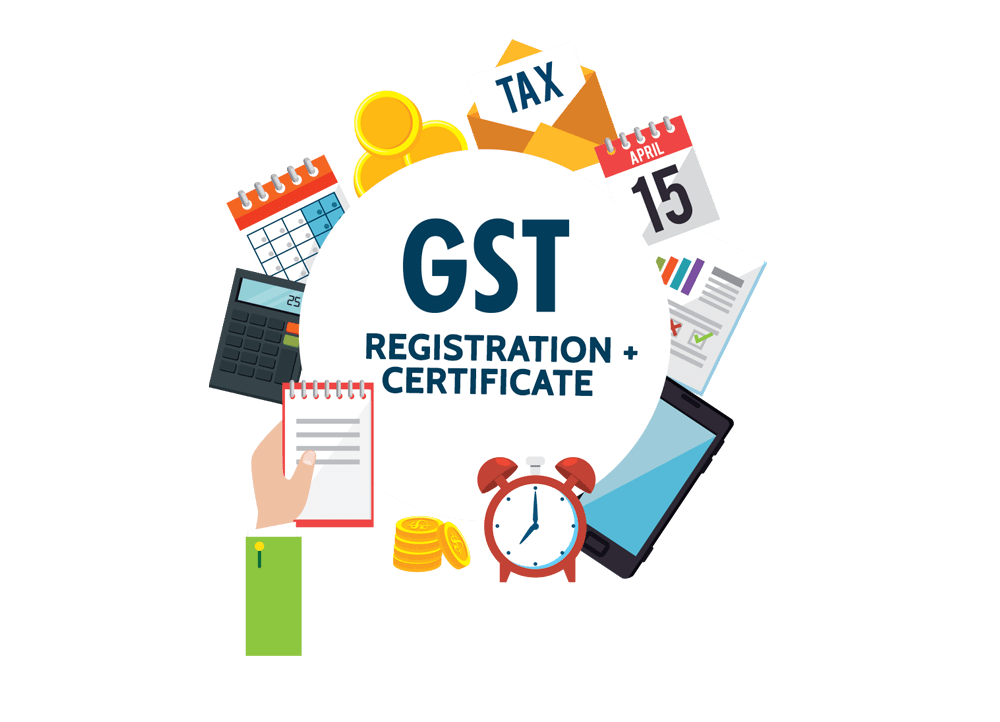Optimize Your Financial Savings with the most effective GST Registration Services in Singapore
Throughout: The Ultimate Roadmap to GST Enrollment for Services Seeking Financial Stability
Browsing the intricacies of Goods and Provider Tax (GST) registration is a critical action for services pursuing financial security. From understanding the essential concepts of GST to abiding by post-registration standards, the process can seem intimidating initially glance. Nonetheless, breaking down the roadmap into convenient actions can enhance the enrollment trip for companies aiming to improve their economic standing. Allow's discover the vital components that comprise this best roadmap and find exactly how each stage adds to laying a solid structure for monetary success.
Understanding GST Basics
Diving into the fundamental principles of Goods and Provider Tax Obligation (GST) is crucial for getting a comprehensive understanding of its implications on services and the economic situation. GST is a value-added tax imposed on the majority of products and services for residential consumption. It has changed numerous indirect taxes that existed in the pre-GST age, streamlining the tax obligation framework and enhancing convenience of doing service in India. Under the GST system, both products and solutions are taxed at a specific price, which is established based upon their classification. Businesses are required to sign up for GST if their yearly turnover surpasses the threshold limitation set by the government. Input Tax Credit Report (ITC) is a considerable attribute of GST, allowing services to claim credit rating for tax obligations paid on inputs, lowering the total tax worry. Recognizing the fundamentals of GST is important for businesses to adhere to tax guidelines, handle their finances effectively, and add to the country's financial development by joining a transparent tax obligation system.
Eligibility Standards for Enrollment
As of the current policies, the threshold limitation for GST registration is an annual aggregate turn over of 40 lakhs for companies running within a state, except for special group states where the limit is 20 lakhs. Furthermore, particular companies are called for to register for GST regardless of their turnover, such as interstate suppliers, casual taxed persons, and services accountable to pay tax under the reverse charge system. It is critical for organizations to completely analyze their turnover and deal kinds to identify their GST enrollment obligations properly.
Papers Required for Enrollment
Having fulfilled the eligibility criteria for GST enrollment, organizations should now ensure they have the requisite papers in place to continue with the registration procedure successfully. The papers needed for GST enrollment typically include evidence of service constitution, such as collaboration act, enrollment certification, or consolidation certification for various kinds of businesses. Additionally, organizations require to supply records establishing the primary place of business, such as a rental agreement or power costs.
Step-by-Step Registration Refine
Commencing the GST registration procedure includes a collection of structured steps to ensure a compliant and seamless enrollment for services. The primary step is to see the GST portal and fill up out the registration form with precise information of the organization entity. Following this, the candidate receives a Short-lived Recommendation Number (TRN) which is used to resume the application process if it's not completed in one go.
Next, all required files based on the checklist supplied by the GST portal requirement to be posted. These files commonly include proof of organization identification, enrollment and address evidence of marketers, financial statements, and company entity's frying pan card.

Post-Registration Conformity Guidelines

Conclusion
Finally, organizations seeking economic security must comprehend the fundamentals of GST, meet qualification standards, collect required documents, follow the step-by-step enrollment process, and follow post-registration guidelines - Best GST registration services in Singapore. By sticking to these actions, businesses can ensure compliance with tax regulations and maintain economic stability in the future
In addition, certain services are required to sign up for GST irrespective of their turn over, such as interstate suppliers, casual taxed persons, and companies accountable to pay tax under the reverse fee system.Having satisfied the eligibility standards for GST enrollment, companies must currently guarantee they have the requisite papers in location to proceed with the that site registration procedure efficiently. The files required for GST enrollment generally consist of proof of business constitution, such as partnership deed, registration certification, or consolidation certification for various kinds of organizations. Furthermore, companies need to offer papers establishing the principal place of business, such as a rental agreement or power bill.Commencing the GST registration process involves a series of structured actions to make certain a compliant and smooth enrollment for companies.